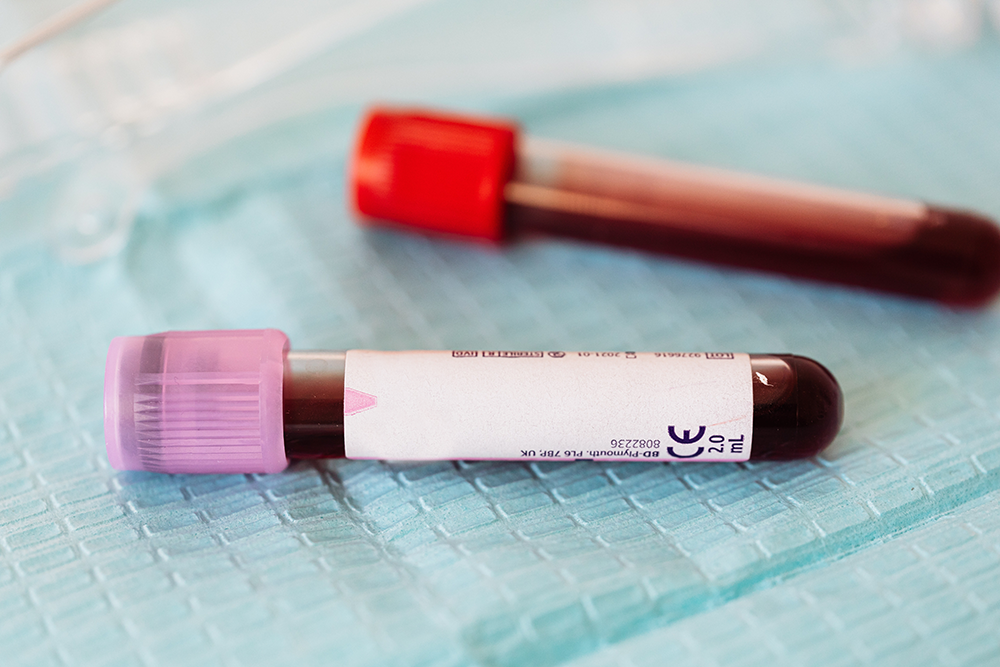
Many patients come to see us at Live Healthy MD because they have failed at pretty much every attempt to lose weight. As the prevalence of obesity continues to rise, more and more physicians and professionals in this field of study begin to recognize it as a disease. For many who have tried and failed to lose weight on their own or who feel as though their weight is out of control, weight loss surgery is the best solution for maximal and sustained weight loss. However, like any treatment, surgery is not fool-proof and results will vary based on each individual.
How Much Weight Will I Lose?
A questions I always get asked by patients before and after their surgery is, "how much weight will I lose?". The short answer is it varies based on several factors including but not limited to age, genetics, gender, starting weight and motivation level.
However after being in this field for more than 6 years, I have observed a few common generalizations.
How to Compare Weight Loss
Before we jump into what you really want to hear—how much weight you will lose—I want to state that the way we compare weight loss results is as a percentage of excess weight loss (%EWL). In other words, if a patient's starting weight is 200 pounds and their current weight is 100 pounds, then they will lose 100 pounds of excess weight. To calculate the %EWL you will subtract your starting weight from your current weight then divide that by your excess weight.(That's confusing!) Then multiple that result by 100 to get your percentage.

Keep in mind that good results from traditional dieting and exercise programs generally tout a success rate of 5% to 10% EWL.
The Type of Procedure and The Projected Weight Loss
In previous blogs, I have discussed our three most common surgical procedures (duodenal switch, gastric bypass, gastric sleeve) and their projected EWL. At Live Healthy MD, we do not recommend the lap band (gastric band) as a primary procedure for surgical weight loss because it historically has poor results.
What's Your Starting BMI?
For patients with a BMI between 35 to 45, they will generally lose close to 100% of their excess weight with either a gastric bypass or a sleeve. For those patients with a BMI between 45 and 55, they will typically achieve a weight loss of 70% to 80% of their excess weight loss—which is very good! And for those patients with a BMI greater than 55, they will be looking at a 40% to 60% excess weight loss.
For those patients who have a starting BMI greater than 55, I recommend the duodenal switch because this procedure will provide them with the maximum amount of weight loss, usually around 70% to 80% of their excess weight.
Timeline of Weight Loss
In the first 6 to 8 weeks after surgery, most patents (regardless of the procedure they had) will lose 10% of their excess weight. In the following 4 to 5 months, they can expect to lose a total of 50% of their excess weight.
Over the next 12 months, patients will generally lose an additional 50% of their excess weight, equally a total of 100%. After the first year of surgery, patients' weight loss will typically being to slow.
Generally speaking, patient's can expect to hit their end weight, which is hopefully their goal weight, 18 months post-op.
...But What if I'm Not Losing Like That?
The numbers stated above are all dependent on the patient's dedication to losing the weight. This requires a commitment to making healthier food choices and increasing their activity level. Similarly, it is dependent on the patient's environmental factors such as stress or lack of sleep as well as their genetics and gender.
Gender: Unfortunately women, due to hormones, tend to lose about 10% less weight and also lose weight more slowly compared to men.
Age: We have all heard our parents complain at one point in time about how hard it is to lose weight as they get older. The same is true for our bariatric patients. Due to a higher metabolism, younger patients typically lose more weight.
As stated above, in order to keep the weight off, a patient needs to continue to eat a healthy diet, engage in regular activity and continue to maintain the eating habits that initially lead to their weight loss. Don't be fooled into thinking that surgery will forever keep you skinny. Weight regain can occur when a person goes back to bad eating behaviors that involve the consumption of excessive amounts of carbohydrates.
With all this said, surgical weight loss definitely will provide almost everyone with the BEST chance for an extreme amount of weight loss and weight loss maintenance.
For more information about these procedures attend a community weight loss seminar.











